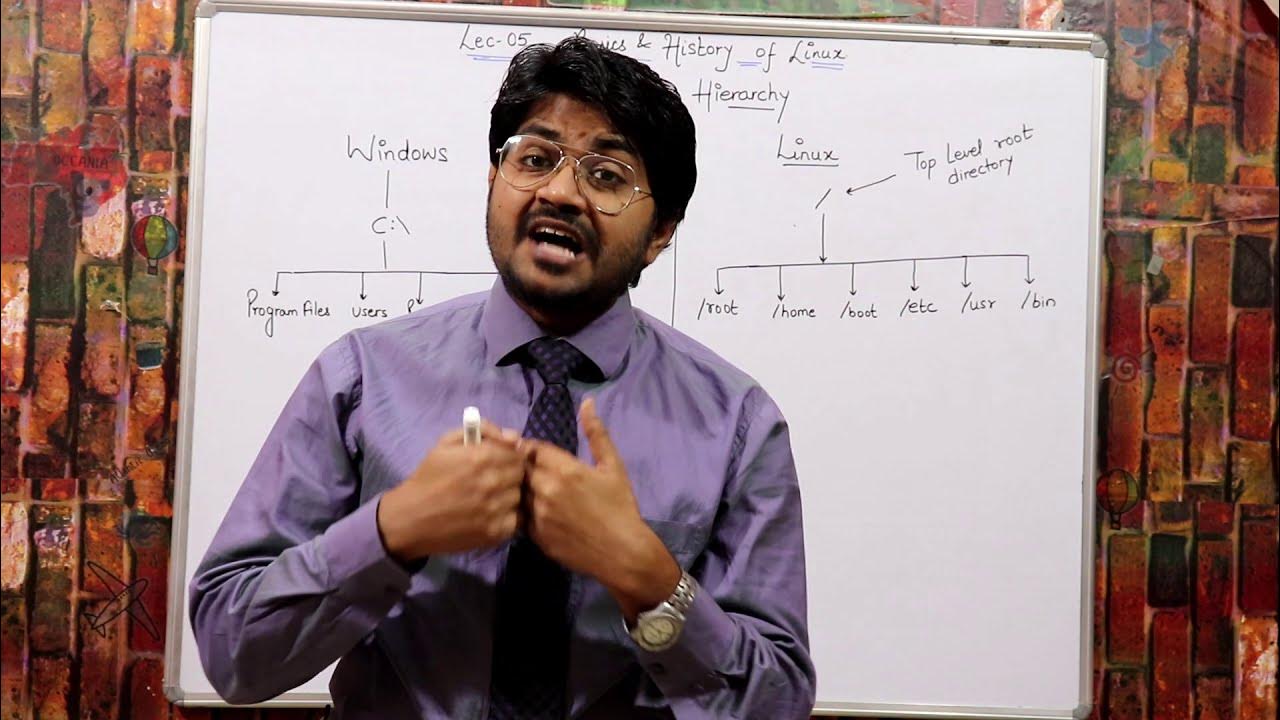Your Quarterly Linus Torvalds Linux Rant
Summary
TLDRThe video script discusses the development journey of Bcachefs, a file system for Linux that claims to combine the speed of ext4 with the reliability of Btrfs and ZFS. It details the challenges faced during its long development, including feedback from the Linux kernel community and the necessity for wide-scale deployment to validate its claims. The script also touches on the importance of following kernel development procedures and the human aspect of developers, highlighting the project's eventual merge into the Linux kernel after years of refinement.
Takeaways
- 🐮 BcacheFS is a file system for Linux that has been in development for a long time and has recently been integrated into the Linux kernel.
- 🔄 BcacheFS uses the Copy-on-Write (CoW) model, similar to Btrfs and ZFS, which is efficient in terms of space and performance.
- 🚀 BcacheFS aims to combine the speed of ext4 with the features and reliability of Btrfs and ZFS.
- 📅 The journey of BcacheFS began in 2015, with the first attempt at integration into the Linux kernel in 2018, and it faced several challenges and delays.
- 👨💻 The developer of BcacheFS has been working silently and diligently, focusing on coding and improving the file system.
- 🔧 The process of integrating BcacheFS into the Linux kernel involved addressing feedback, fixing bugs, and adhering to kernel development procedures.
- 📈 BcacheFS has seen significant development, including the addition of features like snapshots and 'badass' snapshots, which are similar to those in Btrfs.
- 🤝 The integration of BcacheFS into the Linux kernel required cooperation and adherence to the community's standards and procedures.
- 💻 The debate over BcacheFS's integration highlighted the importance of following the kernel's development process and the role of maintainers in ensuring quality.
- 🔮 The future of BcacheFS in the Linux kernel depends on its ability to work within the kernel's release schedule and address the concerns of the community.
Q & A
What does the term 'Btrfs' stand for?
-Btrfs stands for 'ButterFS,' which is a file system that has been in development for a long time and has recently been integrated into the Linux kernel.
What is the significance of the term 'COW' in the context of file systems?
-In the context of file systems, 'COW' stands for 'Copy on Write,' a strategy used to save space and improve performance by only copying the modified data, as seen in file systems like Btrfs and ZFS.
What are some claims made by the developers of Btrfs regarding its capabilities?
-Btrfs claims to offer a balance of features, speed, and reliability, aiming to be as scalable as ext4 and as reliable as file systems like Btrfs and ZFS.
Why is wide distribution and deployment important for validating file system claims?
-Wide distribution and deployment across thousands of users are crucial for validating file system claims because it allows for real-world testing, uncovering potential issues, and ensuring the file system performs well under various conditions.
When was Btrfs first announced, and what was the initial reception like?
-Btrfs was first announced in 2015. The initial reception was cautious, with a small user base of enthusiasts willing to try out this experimental file system.
What was the status of Btrfs development in 2016, and were there concerns about its progress?
-In 2016, Btrfs was still in development with a small user base. There were concerns about its progress due to the developer's silence and lack of updates on the project's status.
What were some of the challenges faced during Btrfs's attempts to be upstreamed into the Linux kernel?
-Btrfs faced challenges such as the complexity of the code base, the need for proper patch submission, and ensuring that the patches were reviewable and did not introduce issues with other parts of the kernel.
Why is it important for developers to follow the kernel development procedure when submitting patches?
-Following the kernel development procedure ensures that the patches are in line with the standards and expectations of the Linux kernel community, making the review process smoother and reducing the likelihood of conflicts or issues.
What is the significance of the 'Linux next' tree in the context of kernel development?
-The 'Linux next' tree serves as a testing ground for future Mainline kernel patches, allowing developers to test and refine their code before it is considered for inclusion in the main kernel.
What was the final outcome of Btrfs's inclusion in the Linux kernel, and what were the developer's reactions?
-Btrfs was eventually merged into the Linux kernel after a long development process and several attempts. However, there were disagreements and concerns raised by kernel maintainers about the size and scope of the patches, as well as the developer's adherence to kernel development procedures.
Outlines

This section is available to paid users only. Please upgrade to access this part.
Upgrade NowMindmap

This section is available to paid users only. Please upgrade to access this part.
Upgrade NowKeywords

This section is available to paid users only. Please upgrade to access this part.
Upgrade NowHighlights

This section is available to paid users only. Please upgrade to access this part.
Upgrade NowTranscripts

This section is available to paid users only. Please upgrade to access this part.
Upgrade NowBrowse More Related Video

NTFS, ext4, exFAT y FAT32 (ISO - 5.2)

Hardware Raid is Dead and is a Bad Idea in 2022

Explaining File Systems: NTFS, exFAT, FAT32, ext4 & More

Everything About Linux from Scratch Part-2 Hindi/urdu | Linux tutorial for beginners in hindi

Consigo me ver usando isso! | Vanilla OS 22.10 Review

L-7.1: File System in Operating System | Windows, Linux, Unix, Android etc.
5.0 / 5 (0 votes)